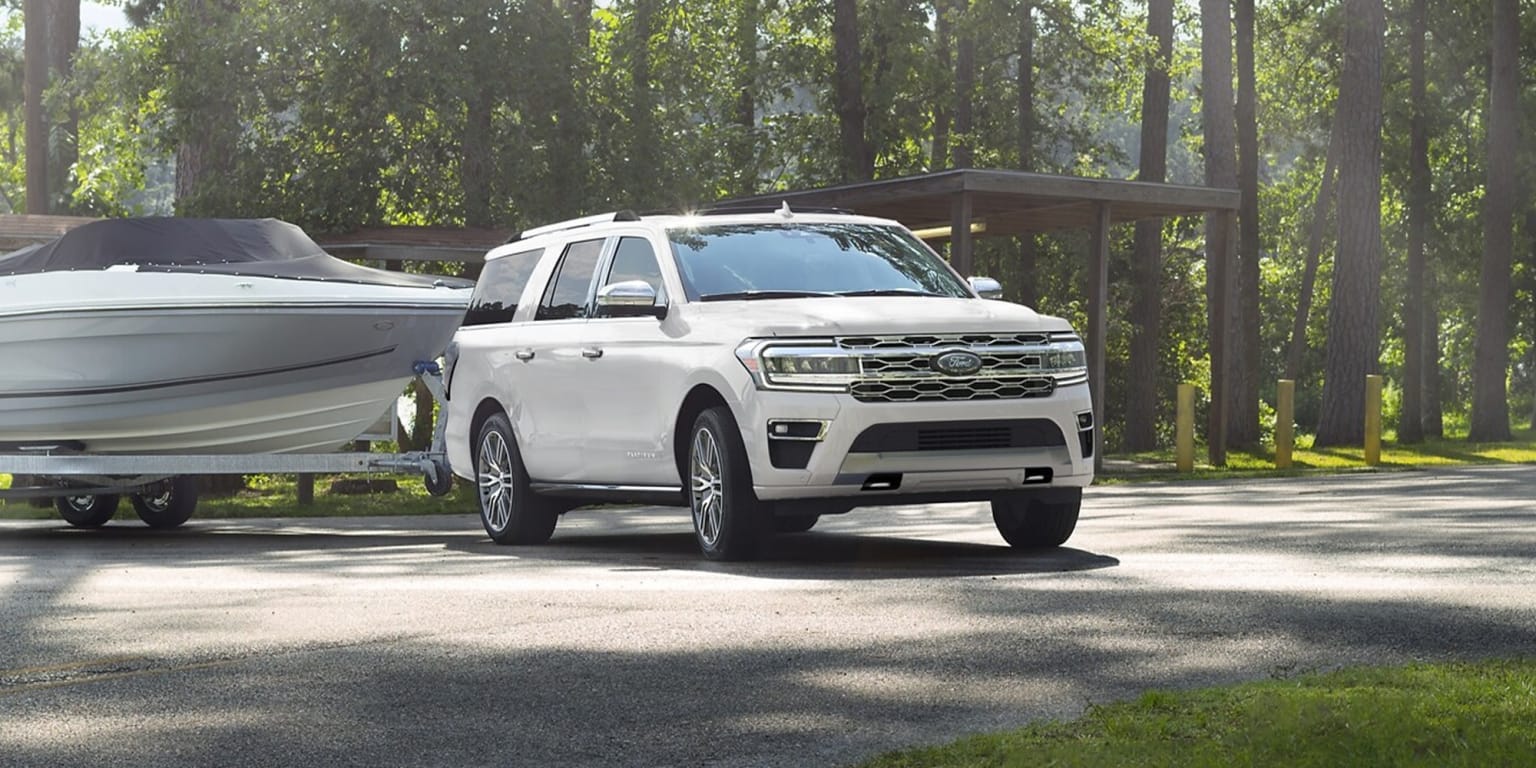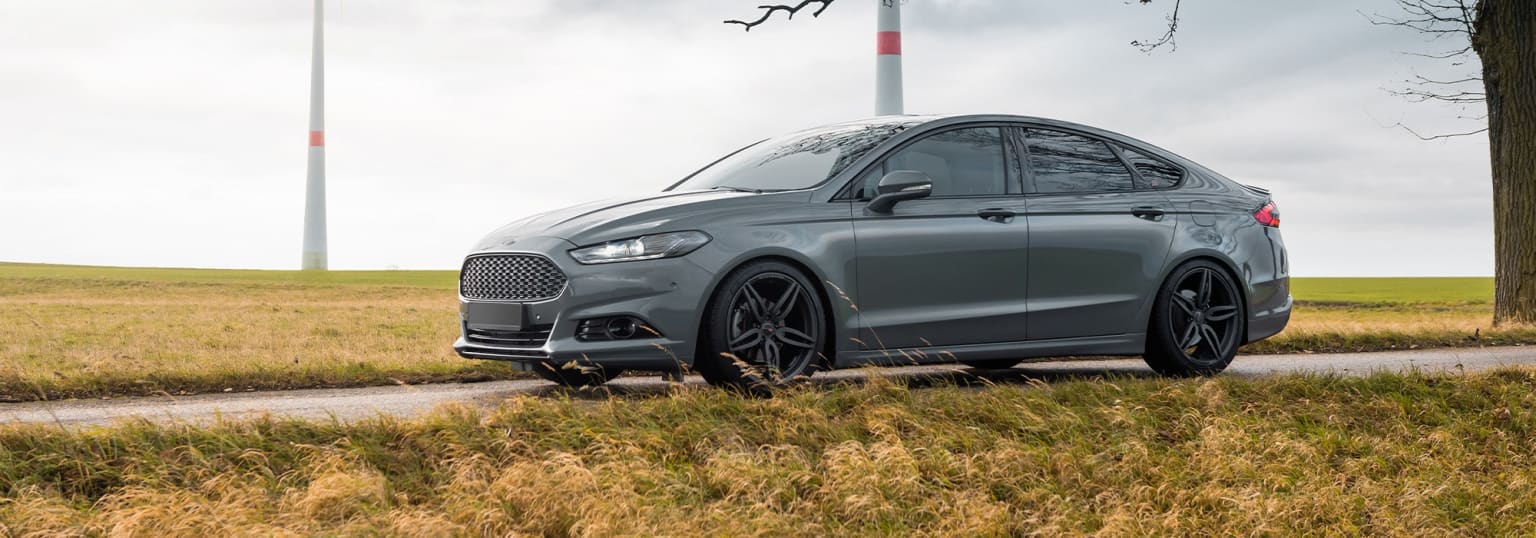
Is It Cheaper To Insure a New Car Or a Used Car?
Learn the Costs
Insuring a New or Used Vehicle: What You Need to Know
When it comes to purchasing a new or pre-owned car, truck, or SUV, one of the most important aspects to consider is insurance costs. Car insurance is vital in ensuring your investment is protected and provides peace of mind, but it’s crucial to avoid overpaying. Understanding the factors that influence insurance costs for both new and used cars can help you make informed decisions and potentially save money. In this blog by Apple Ford, we will take a deeper look at what impacts insurance costs and if it is cheaper to insure a new car or a used car.
Insuring a New Car: Higher Upfront Costs
If you’re wondering, “Is insurance cheaper for new cars?” the answer is commonly, “No.” New cars are generally a larger financial investment, which results in higher insurance rates. They also come with high-tech features that can make maintenance more costly and intricate. Most lenders require comprehensive coverage for new vehicles. While this can raise insurance costs, it provides more peace of mind knowing your vehicle is fully protected, potentially saving you money in the long run. Don’t let this discourage you from purchasing a new vehicle, though. There are plenty of other factors that influence what you pay for insurance.
Insuring a Used Car: Lower Costs, But...
Used cars typically have lower insurance rates, but there are other non-insurance costs to consider. The older a vehicle is, the more maintenance it may require. Additionally, older vehicles may lack certain new safety and technology features that can enhance safety and reduce the risk of accidents. While insuring a used car can be cheaper, it’s essential to weigh these potential maintenance costs and safety considerations.
Factors That Influence Car Insurance Rates
Besides whether your car is new or used, several other factors impact your insurance rates. Because of this, having an understanding of these factors can help you have more control over your insurance costs.
Age: Your age is one of the most significant factors in determining car insurance costs. Drivers under the age of 25 are considered less experienced and more likely to be involved in accidents, leading to higher insurance rates. Similarly, drivers over the age of 75 may face higher rates due to the increased chance of accidents associated with aging.
Location: Where you live plays a very crucial part in your insurance costs. Drivers in urban, densely populated areas are more likely to experience theft, vandalism, and accidents, resulting in higher insurance premiums. Additionally, living in a state prone to inclement weather such as snow, hail, or tornadoes can also lead to higher insurance costs due to the increased risk of weather-related damage.
Driving Record: Maintaining a clean driving record is key to keeping your insurance costs low. Drivers with a history of accidents, tickets, or violations will face higher premiums. For example, according to Market Rate, a speeding violation of one to five miles over the speed limit can result in an increase of hundreds annually.
Credit History: Many insurance companies use your credit history as another form of driving history. Generally, a driver with a higher credit score is viewed as less risky and may receive lower rates. In Maryland, insurance providers can consider your credit score when determining your rate, but they cannot raise it when you renew or cancel your insurance.
Claims History: If you have a long claims history, your insurance rate will be higher because insurance companies view frequent claims as a sign of higher risk. To know how much your rate could rise, it’s important to check your claims history and understand its impact on your insurance premiums.
Vehicle Type and Model: The type and model of your vehicle also significantly influences insurance costs. High-performance or luxury cars typically come with higher insurance rates due to their pricier repair and replacement costs. Conversely, vehicles with strong safety ratings and lower theft rates may qualify for lower premiums.
Mileage: How much you drive your car can impact your insurance rates. Higher mileage increases the likelihood of accidents, leading to higher premiums. If you have a long daily commute or frequently take long trips, you may face higher insurance costs compared to someone who drives less.
Safety Features: Vehicles equipped with advanced safety features such as automatic braking, blind spot alerts, and electronic stability control may qualify for discounts on insurance premiums. These features can reduce the risk of accidents and injuries, making the vehicle safer to insure.
Is It Cheaper To Insure a New or a Used Car?: The Bottom Line
In conclusion, while new cars commonly come with heightened insurance costs due to their value and advanced features, they also offer comprehensive protection that can save you money in the long run. Used cars, on the other hand, typically have lower insurance rates but may require more maintenance and lack newer safety features. Ultimately, the decision between insuring a new or used vehicle depends on your individual needs, budget, and preferences. By understanding what factors influence insurance costs, you can be more informed, allowing you to choose the best option for your situation. Our knowledgeable team at Apple Ford is also available to assist you with any of your car insurance needs.
Contact Us
Do you have questions or comments for us? We'd love to hear them! Fill out the form and we will get back to you as soon as possible.
Apple Ford
8800 Stanford Blvd, Columbia, MD
Showroom Hours
Mon – Fri
9am - 9pm
Sat
8:30am - 7pm




